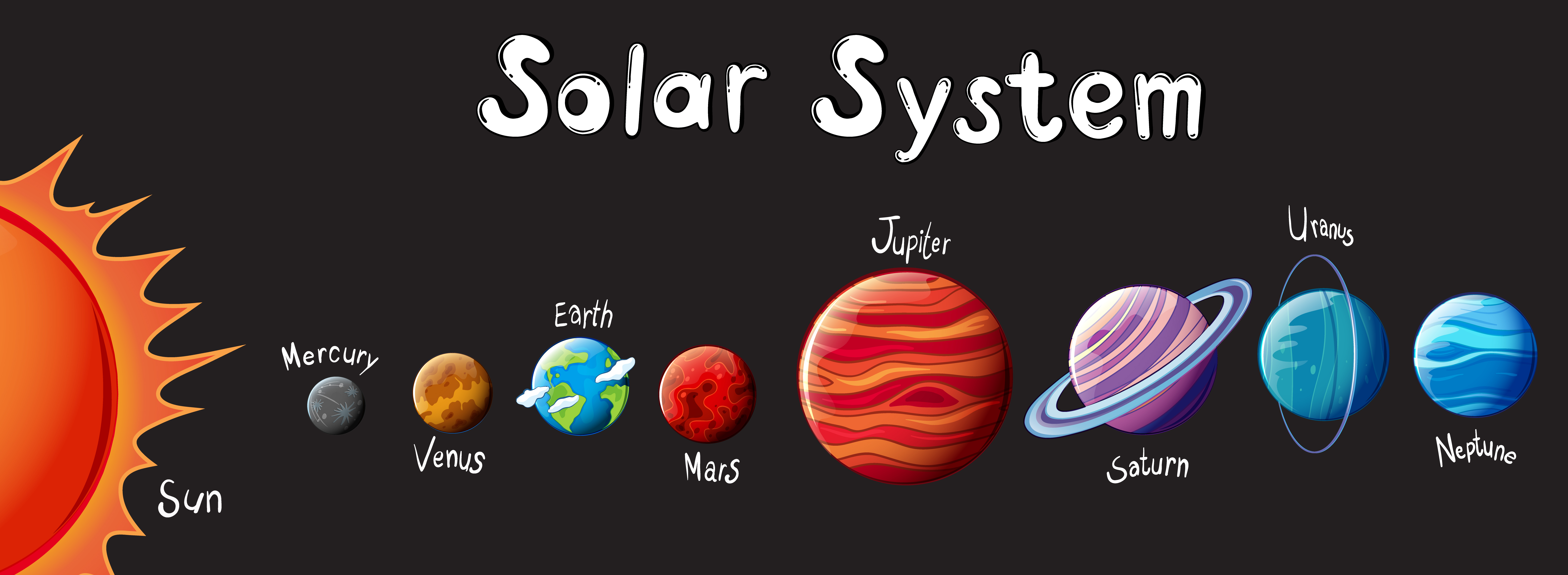Sunwalk Solar Free Solar Installation Program
- Sunwalk Solar Free Solar Installation Program Download
- Sunwalk Solar Free Solar Installation Program Template
- Sunwalk Solar Free Solar Installation Program Images
- Sunwalk Solar Free Solar Installation Programs
Modeled on the existing, successful SASH program, DAC-SASH will provide up-front financial incentives for solar installation on homes owned by low income residents in DACs.The program will allow for greater eligibility and help overcome barriers like lack of access to capital or credit.The DAC-SASH program will provide $10 million in incentives annually through 2030, to be funded by utility. Community solar is a way to allow members of a community the opportunity to share the benefits of solar power even if they cannot or prefer not to install solar panels on their property. By subscribing to a community solar project, you can get credit on your electric bill for the solar energy generated at a different location. This is why we strongly recommend choosing a personal loan over a solar lease or PPA If the option is available to you. An offer of “free solar panels” may be tempting, but it could potentially cost you $25K in energy savings over the life of the system. We want everyone to go solar—but we also want them to fully reap the benefits.
The Solar Training Network addresses a critical need for high-quality, local, accessible training in solar installation and related skills. It was established under the Solar Training and Education for Professionals (STEP) funding program in 2016 and is administered by The Solar Foundation. The Network allows for greater connection between solar employers, trainers and training institutions, workforce investment boards, and trainees and job seekers, in order to meet ever-changing market demands, especially in regions where solar energy is rapidly expanding. Visit the Solar Training Network website.
DOE’s Solar Training Network partners with leading solar workforce development and training organizations to connect people interested in solar careers with the training they need to enter the industry and the solar employers who need skilled workers.
The Solar Training Network will be guided by a Solar Jobs Strategy Commission consisting of solar industry representatives, workforce development subject matter experts, diversity group leaders, and other key industry stakeholders. The Solar Jobs Strategy Commission will encourage greater collaboration and information exchange between solar employers, training institutions, workforce investment boards, and solar job candidates. By increasing active connections between each of these sectors, the solar industry will improve training programs, provide more hands-on learning opportunities, and cultivate an educated workforce with the specialized training needed to start a new career in solar.
Solar Ready Vets® is a separate training program available specifically to military personnel on select military bases who are in the process of retiring and transitioning to civilian life. In contrast, the Solar Training Network can be utilized by all interested job seekers, including current veterans and their spouses who are interested in solar energy.
The Solar Training Network builds upon the networks created by the Solar Instructor Training Network (SITN), a program and partnership between DOE and the U.S. Departments of Labor and Education, which began in 2009. The program increased the number of qualified solar instructors at the community college level from just over 50 in 2006 to more than 1,000 today, providing access to more courses in solar energy across the country. It also developed solar training for building and electrical inspectors and created a comprehensive system linking training and credentialing for the solar workforce across residential, commercial, and utility-scale photovoltaic installation activities.
The Solar Instructor Training Network developed a robust local training network across the United States. During its term, the program partnered with more than 400 community colleges, labor training centers, and technical high schools. The Energy Department invested $17.5 million in SITN, which included $10 million in American Recovery and Reinvestment Act funds. As a result of these efforts, more than 30,000 students throughout the United States have received some solar training from an SITN-supported educational partner.
The regional training providers within SITN collaborated to develop curricula, identified career pathways, shared labor market data, and resolved issues related to solar training and workforce development. Providers offered multiple resources, including live train-the-trainer workshops and webinars, distance learning courses, and mobile laboratory training modules. They also provided training equipment and tools for instructors. This strong foundation provides the new Solar Training Network with the basis for more advanced training and more active coordination with solar employers.
Below are the regional training networks that remain active since the conclusion of DOE funding for the Solar Instructor Training Network. Learn more about the current Solar Training Network.

NORTHEAST
Maine, Vermont, New Hampshire, New York, Rhode Island, Connecticut, Massachusetts
Kennebec Valley Community College (PV)
Hudson Valley Community College (PV)
NORTHERN MID-ATLANTIC STATES
Pennsylvania, New Jersey, West Virginia, Delaware
Northern Mid-Atlantic Solar Education and Resource Center at Pennsylvania State University
SOUTHERN MID-ATLANTIC STATES
North Carolina, South Carolina, Maryland, District of Columbia, Virginia
North Carolina Clean Technology Center, North Carolina State University
SOUTHEAST
Florida, Georgia, Alabama, Tennessee, Kentucky, Mississippi, Arkansas; Guam, Puerto Rico, U.S. Virgin Islands
Florida Solar Energy Center at University of Central Florida
Sunwalk Solar Free Solar Installation Program Download
MIDWEST
Wisconsin, Minnesota, Michigan, Iowa, Illinois, Indiana, Ohio
Midwest Renewable Energy Association
ROCKY MOUNTAIN PARTNERSHIP
Utah, Colorado, Arizona, Nevada, Washington, Oregon, Idaho, North Dakota, South Dakota, Montana, Nebraska, Kansas, Alaska
Salt Lake Community College, Solar Energy International, and the Utah Solar Energy Association
Sunwalk Solar Free Solar Installation Program Template
CALIFORNIA AND HAWAII PARTNERSHIP
Sunwalk Solar Free Solar Installation Program Images
California, Hawaii
California Community College Chancellors Office and the University of Hawaii System
For media inquiries, please email the Energy Department's Office of Public Affairs at DOENews@hq.doe.gov and be sure to reference 'Solar Training Network' in the email subject line.
Sunwalk Solar Free Solar Installation Programs
To receive the latest news about Solar Energy Technologies Office, please sign up for the Energy Department's media list here.